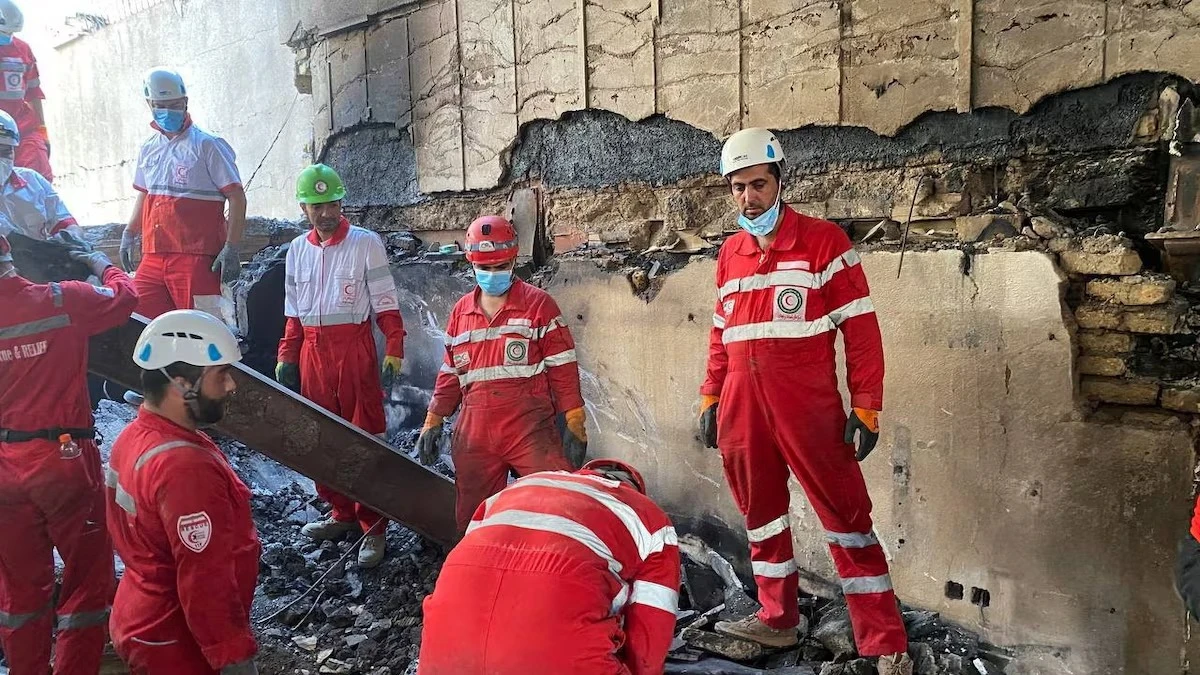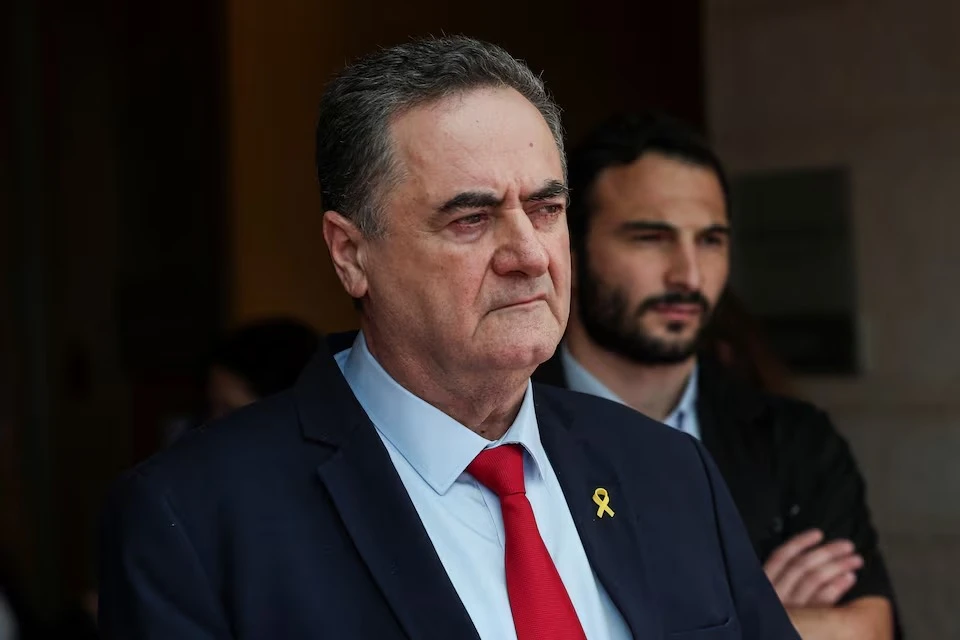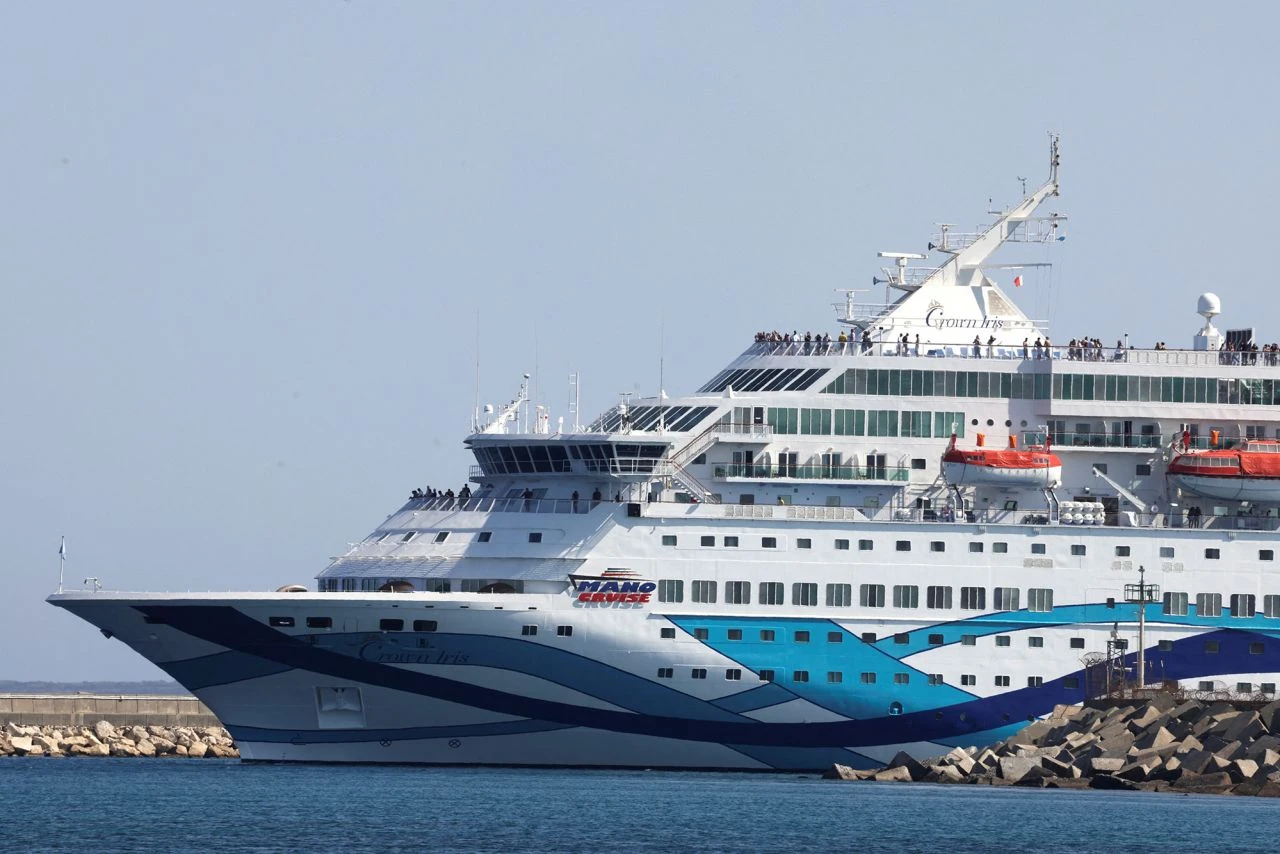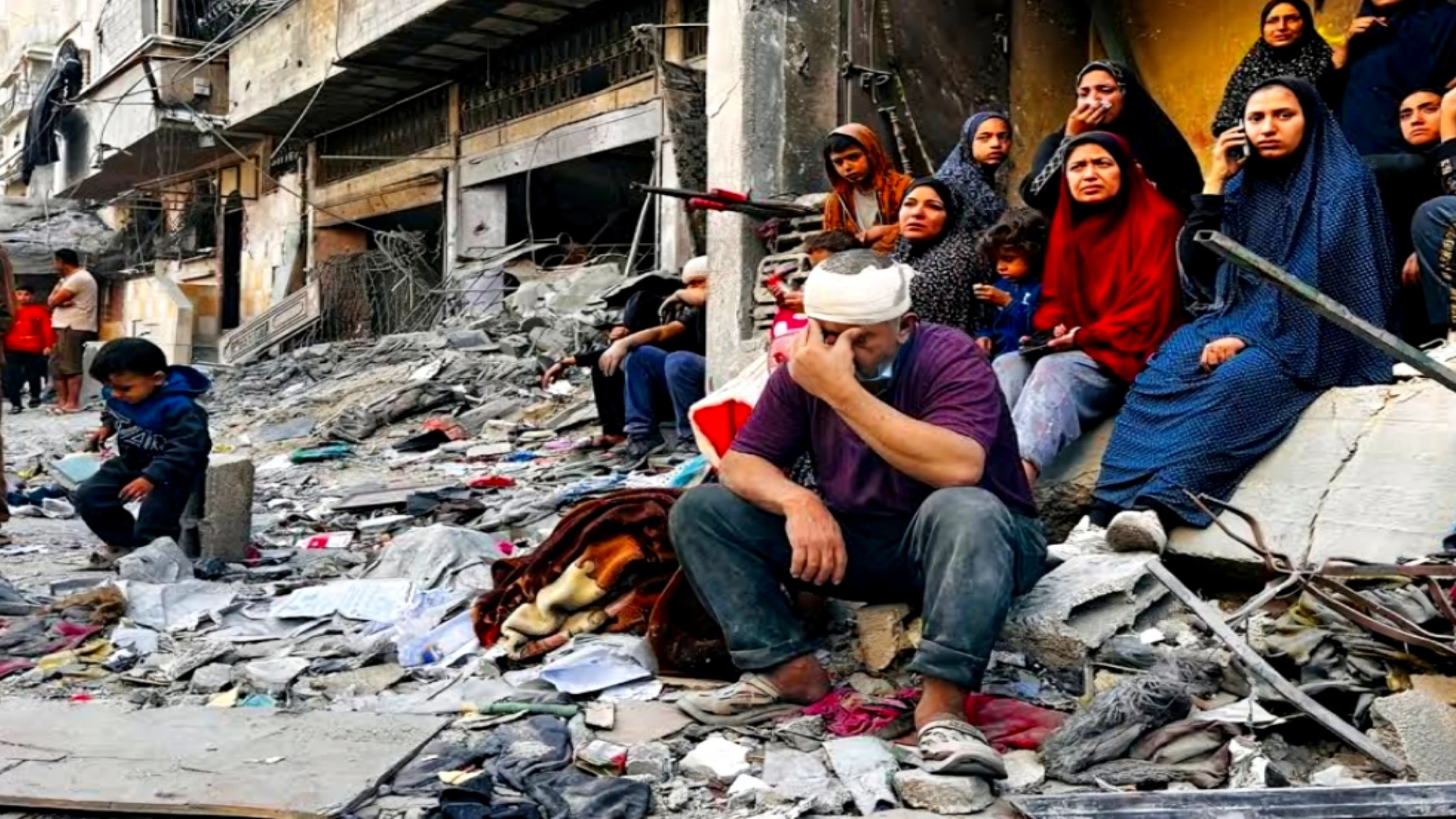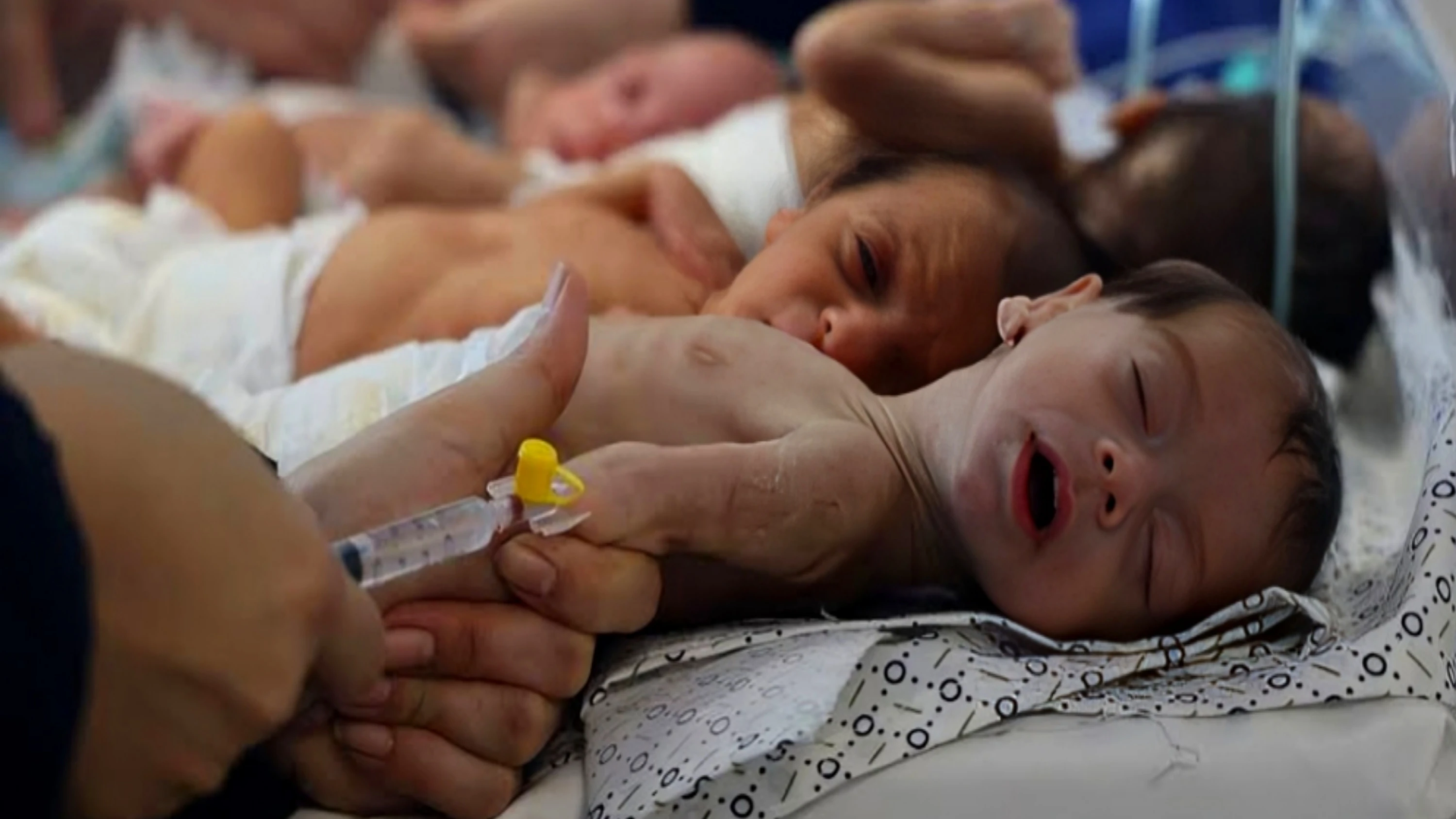Tel Aviv: Thousands of Israelis gathered in Tel Aviv on Saturday to demand an immediate end to the war in Gaza and the return of captives still held in the Palestinian enclave. The demonstrations, which spanned key locations in the city, reflect mounting frustration over the government’s handling of the conflict and its impact on national security and democracy.
Central to the protests was the weekly rally organized by the Hostages and Missing Families Forum at “Hostages Square.” Simultaneously, families of captives held a separate vigil outside the Israeli military headquarters, intensifying calls for decisive action from Prime Minister Benjamin Netanyahu’s administration.
Another mass demonstration unfolded at Habima Square, where antigovernment protesters voiced their growing dissent. Among them was Shai Mozes, whose parents were previously held captive and later released in exchange deals. Addressing the crowd, Mozes declared that “Israel’s real enemy is not Hamas, but Prime Minister Benjamin Netanyahu, who is destroying Israel as a Jewish and democratic state.”
Correspondents and regional media outlets painted a picture of escalating public outrage. Al Jazeera’s Hamdah Salhut, reporting from Amman, Jordan, noted that families of remaining captives believe Netanyahu is extending the war for political survival rather than prioritizing the lives of those still in Gaza. “They say he’s unwilling to compromise on a ceasefire deal,” she said.
According to Israeli officials, 59 captives remain in Gaza. Of those, 35 are confirmed dead, 21 are presumed alive, and the status of 3 remains uncertain. Despite the public outcry, the Israeli government insists that expanding military operations is the only viable path to securing their release. This stance, however, is increasingly rejected by both the families of captives and wider segments of Israeli society.
On Monday, Prime Minister Netanyahu announced a broader military offensive in the Gaza Strip, prompting the Hostages and Missing Families Forum to issue a strong rebuke. In a public statement, the group accused the government of “sacrificing” those still held in Gaza, suggesting that continued escalation is worsening the chances of their safe return.
Protest activity is spreading beyond Tel Aviv. Haaretz reported planned rallies in Jerusalem, Haifa, Beersheba, and at dozens of intersections throughout the country, indicating a nation-wide wave of unrest.
Adding to the emotional weight of the day, Hamas’s military wing released a video showing two Israeli captives alive in Gaza. The three-minute footage, aired by the Qassam Brigades, featured 24-year-old Yosef Haim Ohana speaking in Hebrew and urging Israel to end the war and bring home the remaining captives. Alongside him was 36-year-old Elkana Bohbot, who appeared visibly weak and was seen lying under a blanket. Both men were abducted during Hamas’s October 7, 2023, attack at a music festival in southern Israel.
While the government continues to assert that military pressure will yield results, public trust appears to be eroding. Many citizens believe the current leadership is prioritizing political survival over human lives and national unity.
As the war enters its 19th month, the demonstrations underscore a deepening divide between Israel’s political leadership and a society grappling with the moral and human costs of prolonged conflict. The next steps taken by Netanyahu’s government — or its refusal to act — may well define not just the outcome of the war, but the future political landscape of Israel itself.




